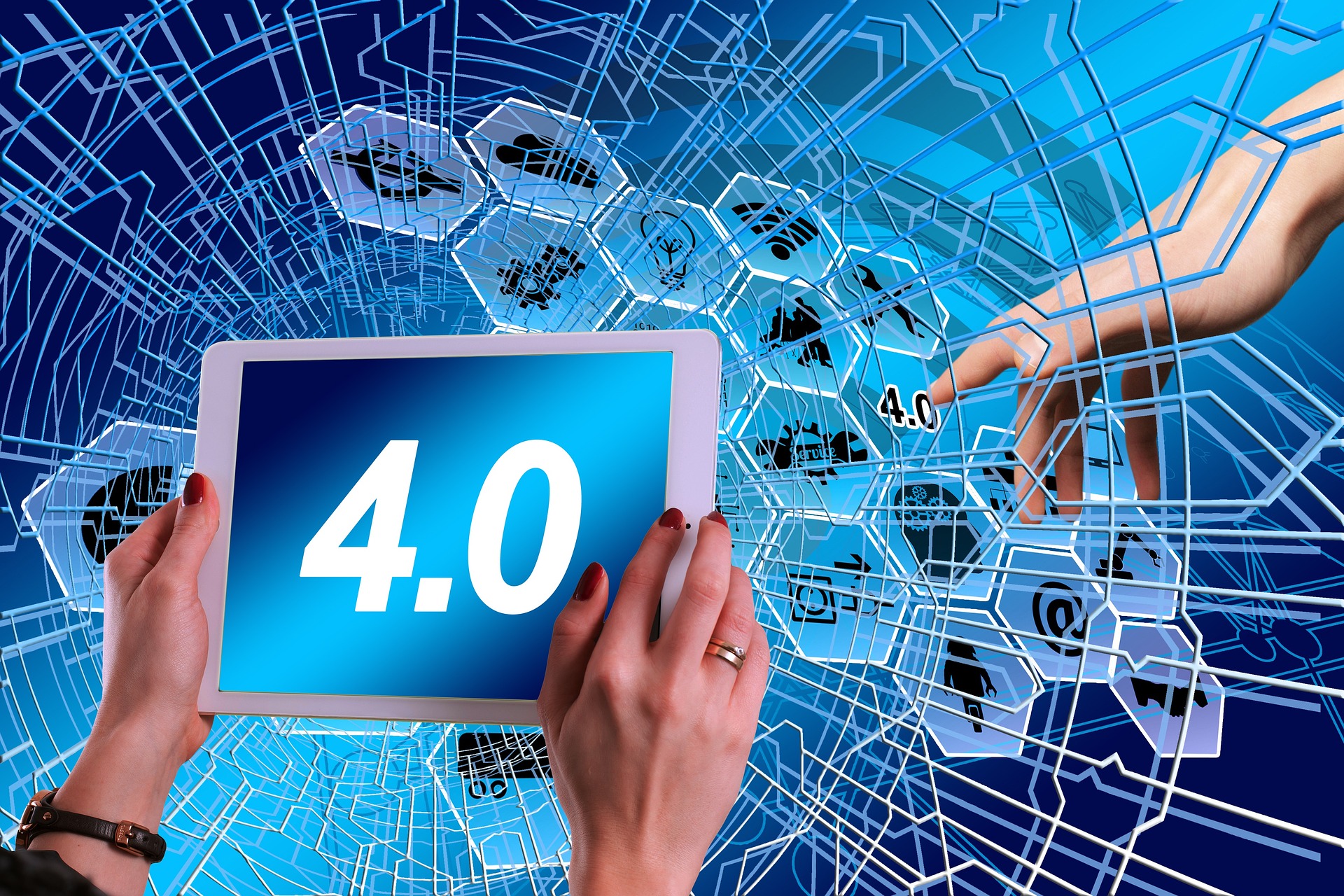Strategic Applications of Industrial IoT in Modern Business
In the modern business landscape, the strategic application of Industrial IoT (IIoT) is becoming increasingly crucial. This article delves into the rise of IIoT, its current applications, and potential future trends. Industrial IoT, or IIoT, is a term that refers to the application of Internet of Things (IoT) technology in industrial settings. Originating from the advent of machine-to-machine communication, IIoT has grown in prominence with the digital revolution and has shaped how industries operate.
The IIoT is essentially a network of smart sensors and devices linked together to gather, store, and analyze data. This data-driven approach helps businesses make informed decisions, improve efficiency, and foster innovation.
The Current State of IIoT
The current use of IIoT is varied and widespread. From manufacturing to logistics, IIoT is being leveraged to improve operational efficiency and create new business opportunities.
Manufacturing companies are using IIoT to monitor equipment performance in real-time, reduce downtime, and optimize maintenance schedules. In logistics, IIoT is used for real-time tracking and efficient inventory management.
The Impact of IIoT on Business
The strategic application of IIoT has numerous benefits for businesses. For one, it can significantly improve operational efficiency. With real-time data, businesses can quickly identify and address operational inefficiencies.
Moreover, IIoT can provide valuable insights that can drive innovation and open up new business opportunities. It can also enhance customer service by providing real-time updates and personalized experiences.
However, the adoption of IIoT also presents challenges. These include data security concerns, the need for skilled personnel, and the cost of implementing and maintaining the technology.
Practical Applications of IIoT
-
Predictive Maintenance: IIoT can be used to predict equipment failures and schedule maintenance, thereby reducing downtime and operational costs.
-
Real-Time Monitoring: IIoT enables real-time monitoring of operations, allowing businesses to quickly identify and address inefficiencies.
-
Remote Operations: IIoT allows businesses to remotely control operations, enabling them to manage their operations efficiently from anywhere.
Future Trends
The future of IIoT is promising, with several trends set to shape its evolution. These include the integration of artificial intelligence and machine learning for advanced data analysis, the rise of edge computing for faster data processing, and the increasing use of digital twins for predictive modeling.
In conclusion, the strategic application of Industrial IoT holds immense potential for modern businesses. By understanding its benefits, challenges, and future trends, businesses can effectively leverage IIoT to drive growth and innovation.





